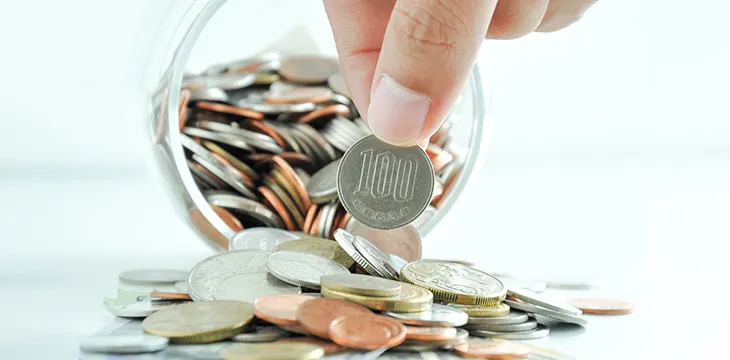|
Getting your Trinity Audio player ready...
|
Japan is weighing on slashing the exorbitant taxes it imposes on digital assets in an effort to curb capital flight from the industry.
The Financial Services Agency (FSA) is weighing amendments to the country’s Bitcoin taxation policy, according to a local report. The development comes weeks after two local digital asset lobby groups published tax reform proposals seeking to bring down the high taxes the Japanese government imposes on investors and digital asset firms.
The report by local outlet Yomiuri revealed that one of the reforms the FSA is looking at is doing away with the tax on unrealized gains for digital asset firms. Under the current system, each company has to pay tax on undisposed digital assets at the end of each taxation year.
In Japan, unrealized capital gains on digital assets are categorized as income, forcing companies to pay income tax liabilities.
The reforms are aimed at curbing capital flight from the country, as many other jurisdictions implement friendly regulations to attract virtual asset service providers (VASPs).
Over the past couple of years, a notable number of VASPs have relocated from Japan to countries such as Singapore and Switzerland, with the tax laws being their lead grievance.
Astar Network is one of those that have left Japan, shifting operations to Singapore in 2021. According to founder Sota Watanabe, the move cost him over $200,000, but he told one outlet moving to Singapore was worth it since he would have ended up paying much more in taxes back in Japan.
It’s not just the corporations that are suffering under the weight of the regulations. For individual investors, digital asset gains are categorized as miscellaneous income, and while they vary depending on an individual’s income, they can go as high as 55%, among the highest in the world. In comparison, the tax rate for stocks maxes out at 20%.
Reviewing this tax policy could inject hundreds of billions of dollars back into the Japanese economy, Genki Oda, the chief executive officer of BITPoint exchange, said. He estimates that if digital asset tax matched that of stocks, it would add between 10 trillion and 20 trillion yen ($90 billion to $180 billion) to the Japanese economy.
Japan isn’t the only country struggling with Bitcoin taxation. South Korea was caught up in a heated debate on a 20% digital asset tax that became a significant debate point between two presidential candidates. This tax regime, scheduled to come into effect in October 2021, was pushed to 2025.
Watch: The BSV Global Blockchain Convention panel, Tokenizing Assets & Securities on Blockchain
https://www.youtube.com/watch?v=wcelbeRGlRM&feature=youtu.be

 07-04-2025
07-04-2025 





